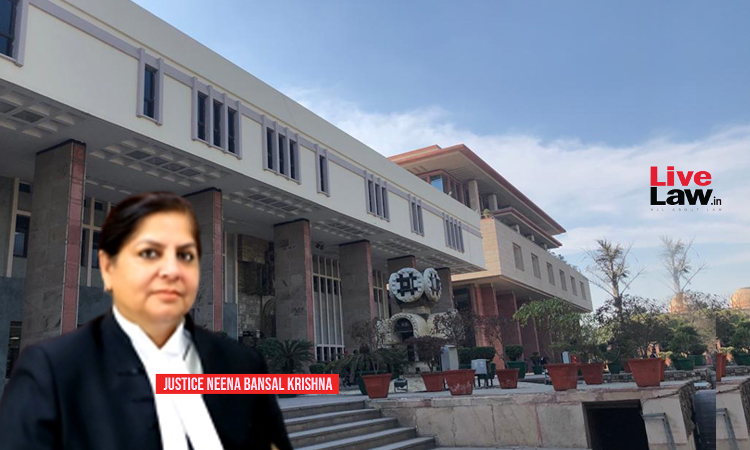Delhi High Court Delineates Circumstances To Invoke "Group Of Companies" Doctrine
Parina Katyal
11 Oct 2022 10:15 AM IST

Next Story
11 Oct 2022 10:15 AM IST
The Delhi High Court has ruled that the plea that signatures to the MoU containing an arbitration clause were obtained by threat and coercion, cannot be considered while considering an application under Section 11 of the Arbitration and Conciliation Act, 1996 (A&C Act) for appointment of the Arbitrator. The Single Bench of Justice Neena Bansal Krishna held that each Company is...
